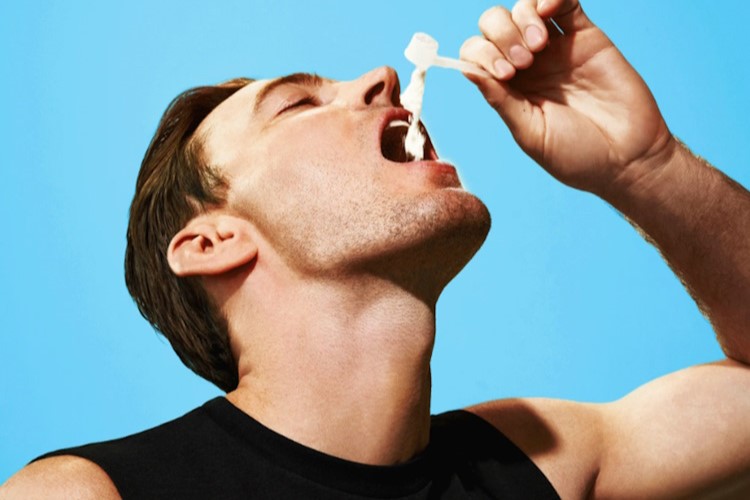The impact of AAS on immune function
Good immune function is crucial for bodybuilders, as it plays a key role in maintaining overall health, recovery, and performance. The immune system defends the body against infections, helps repair damaged tissues, and supports recovery after intense training. A robust immune system ensures that bodybuilders can train consistently without interruptions due to illness, which is essential for maintaining progress toward their fitness goals.
AAS & immunity
Anabolic-androgenic steroids (AAS) can significantly impair immune function through several mechanisms. AAS are synthetic derivatives of testosterone designed to promote muscle growth and enhance recovery, but they also disrupt immune system balance. The immune system relies on a delicate interplay of pro-inflammatory and anti-inflammatory responses, regulated by cytokines, which are small proteins that signal immune activity.
AAS use shifts this balance by increasing levels of pro-inflammatory cytokines like tumor necrosis factor-alpha (TNF-α) and interleukin-6 (IL-6), both of which promote inflammation. Chronic inflammation weakens the immune system by overstressing it and reducing its ability to fight off pathogens. AAS also suppress the activity of important immune cells, including T cells, B cells, and natural killer (NK) cells. T cells are essential for cell-mediated immunity, while B cells produce antibodies to neutralize pathogens, and NK cells target virus-infected cells and tumors. The suppression of these immune cells decreases the body’s ability to respond effectively to infections and increases the risk of developing illnesses.
Scientific studies also show that AAS can lead to oxidative stress, which generates free radicals that damage immune cells. Oxidative stress occurs when the body’s antioxidant defense system is overwhelmed, leading to cellular damage and inflammation. Over time, this inflammation weakens the immune system’s ability to protect the body from both acute and chronic illnesses, leading to slower recovery times from workouts and more susceptibility to infections.
In addition, AAS can impact the hypothalamic-pituitary-adrenal (HPA) axis, which regulates cortisol, the body’s main stress hormone. Chronic AAS use may cause dysregulation of this system, leading to either suppressed or excessively high cortisol levels, both of which negatively affect immune function. Suppressed cortisol levels can impair the body’s ability to manage inflammation, while elevated cortisol levels can lead to chronic immune suppression, leaving bodybuilders more vulnerable to infections.
How to improve immune function on AAS
For bodybuilders who use AAS, maintaining a healthy immune system is still possible with the right approach. One key strategy is proper nutrition, which plays a pivotal role in immune support. Consuming a diet rich in antioxidants—such as vitamins C and E, zinc, and selenium—can help reduce oxidative stress and bolster immune defenses. Foods like berries, nuts, seeds, and leafy greens are excellent sources of these nutrients. Additionally, ensuring adequate protein intake is essential for muscle repair and immune function, as amino acids are crucial for the production of immune cells.
The role of sleep and stress management
Another important aspect is maintaining proper sleep and rest. AAS use can sometimes interfere with sleep patterns, but getting 7-9 hours of quality sleep per night is critical for immune recovery and overall health. Sleep supports the production of immune-regulating hormones, which are vital for efficient recovery from training. Managing stress effectively is also key, as high levels of stress, whether mental or physical, can suppress immune function. Practices like meditation, yoga, or deep breathing can help reduce cortisol levels and promote a more resilient immune system.
In conclusion, while AAS use can negatively affect immune function through inflammation, oxidative stress, and immune cell suppression, bodybuilders can take proactive steps through diet, sleep, and stress management to minimize these effects and maintain good health while pursuing their fitness goals.









